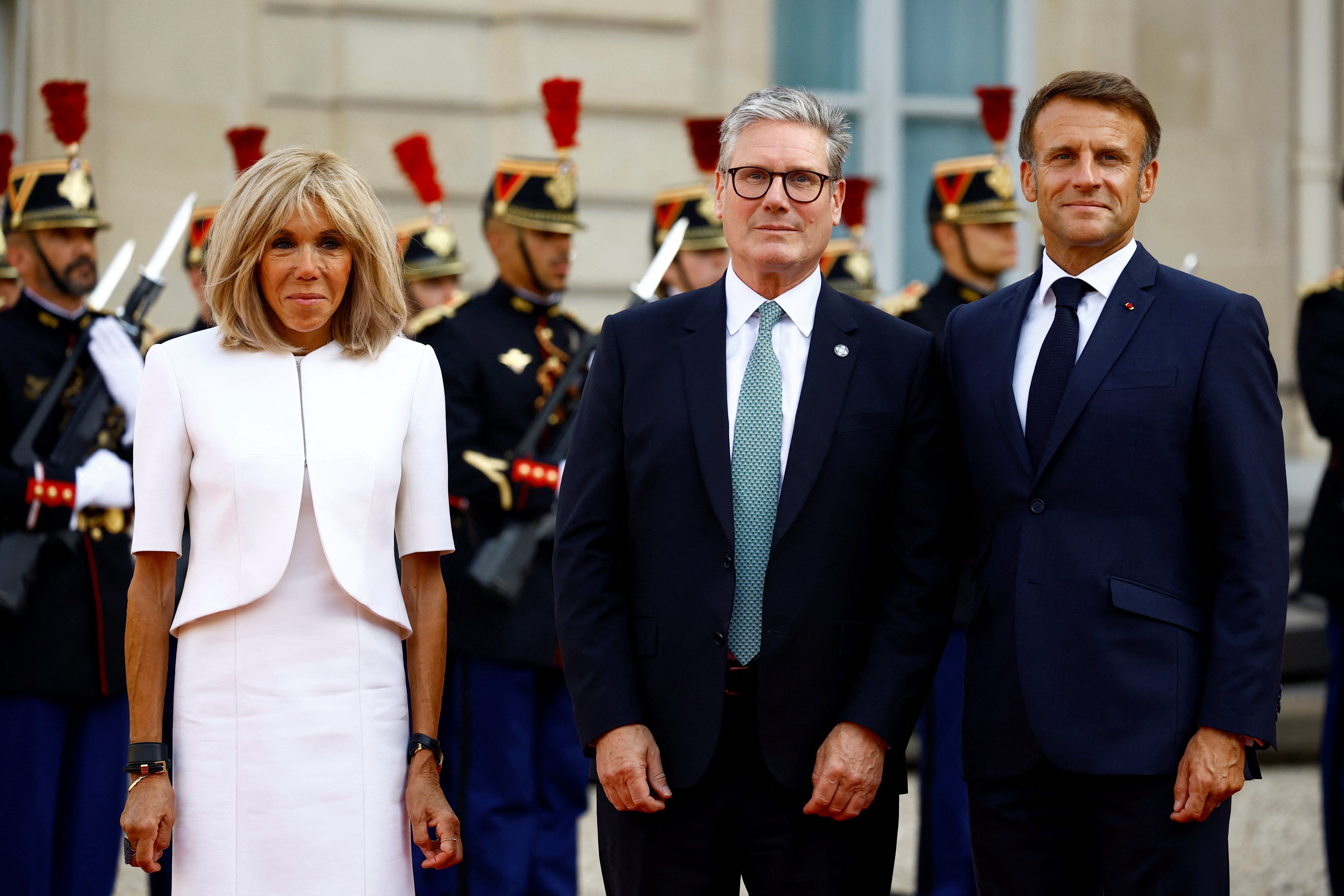The United Kingdom’s new Labour Prime Minister Keir Starmer promised to “turn a corner on Brexit” ahead of his quick European tour this week. Taking a jab at his Conservative predecessors — who campaigned for and managed the country’s divorce from the European Union — he vowed to “fix the broken relationships left behind by the previous government.”
Starmer arrived in Berlin on Wednesday to meet with German Chancellor Olaf Scholz. In a press conference, the leaders announced a plan for a new German-UK cooperation agreement modeled after a similar 2010 deal with France that deepens defense ties over the next 50 years. The new agreement will also target energy, science, technology, and migration coordination, as well as an increase in intelligence sharing. Both countries aim to sign the treaty by 2025.
Starmer does not plan to try to reverse the 2016 Brexit decision and has said Britain will not rejoin the EU in his lifetime.
Still, Scholz said Wednesday that he was “delighted” with the UK’s pivot back to Europe. “We want to grasp this outstretched hand,” he said.
After Berlin, Starmer headed to Paris for the Paralympics opening ceremony on Wednesday night and to meet with French President
Emmanuel Macron on Thursday.
